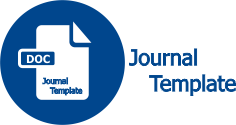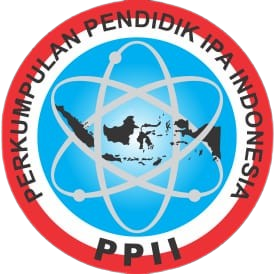ANALISIS DIMENSI PENGETAHUAN, DIMENSI PROSES KOGNITIF DAN SOAL HIGHER ORDER THINKING SKILL DALAM SOAL USP KIMIA SMAN 3 TAHUN PELAJARAN 2022/2023
DOI:
https://doi.org/10.33752/discovery.v8i1.3918Abstract
The Education Unit Examination (USP) as a continuation of the progress of the National Examination moratorium regulation has strategic functions, including as a determinant of student graduation, being a means of empowering teacher working groups or subject teacher deliberations as a compiler of USP question scripts in all subjects. Analysis of the dimensions of knowledge, cognitive processes and HOTS questions on USP Chemistry questions is very important to determine the proportion of knowledge dimensions, cognitive process dimensions, and HOTS questions in the USP Chemistry questions of SMAN 3 Mojokerto City for the 2022/2023 academic year. This research method includes qualitative descriptive research on document analysis, because the data collected in this study was sourced from one form of official school documents, namely the USP Chemistry question script tested at SMAN 3 Mojokerto City in March - April 2023. Data obtained through analysis of knowledge dimensions, cognitive process dimensions and HOTS questions on each question item asked in the USP Chemistry questions for the 2022/2023 academic year. The validity test of the data used in this study includes: credibility test using triangulation technique, and reliability test with observation reliability method involving 2 senior chemistry teachers. With a deal coefficient of 0.80 in the very good category. Based on the results of the study, it can be concluded that: (1) the proportion of knowledge dimensions in the USP Chemistry questions of SMAN 3 Mojokerto City for the 2022/2023 academic year is dominated by procedural knowledge (59.5%) and the rest is factual knowledge (26.2%) and conceptual knowledge (14.3%);(2) the proportion of cognitive process dimensions is dominated by cognitive process application by 45.2% and the rest understanding (19.05%), analysis (19.05%), remembering (9.52%) and evaluation (7.14%); and (3) the proportion of HOTS questions reached 26.2%.

















